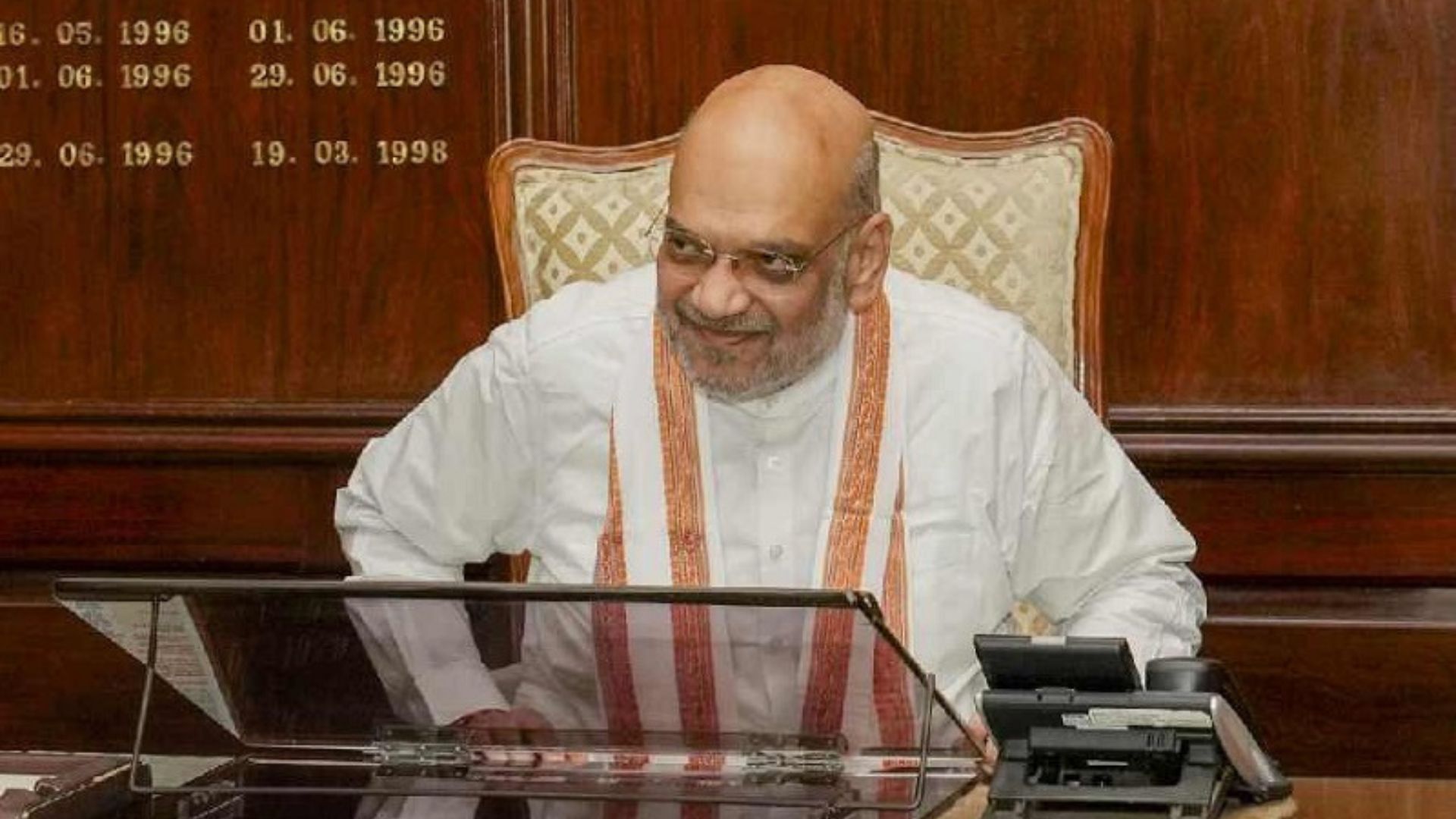Prime Minister Narendra Modi’s trusted lieutenant, Amit Shah, has resumed his role as the Union Minister of Home Affairs for the second time. Shah previously held this position in 2019, ensuring that key government decisions were implemented smoothly. His second term signals continuity, and if he continues for another year, he will become the country’s longest-serving home minister. Congress’ Govind Ballabh Pant and BJP’s LK Advani served as Union home ministers for a little over six years. Shah and Rajnath Singh, who handled the portfolio in PM Modi’s first term, have each spent five years in the North Block.
Challenges Awaiting Amit Shah:
- Assembly Elections in Jammu and Kashmir and Restoration of Statehood: The Narendra Modi government has a “Zero Tolerance” policy on terror, but recent attacks in the south of Pir Panjal have tested this stance. An army convoy was attacked in Poonch on May 5, resulting in one Air Force officer’s death and four injuries. Another attack targeted pilgrims in Reasi district, both claimed by Lashkar-e-Taiba-backed TRF. Strengthening the intelligence grid and securing the upcoming Amarnath Yatra, starting June 29, is crucial. Shah will oversee the smooth conduct of assembly elections in Jammu and Kashmir, with the promise of restoring statehood post-elections.
- Manipur Violence: Despite support from the Union Home Ministry, the Manipur government struggles to curb ethnic violence. New violence hotspots are emerging, the latest being Jirbam district. RSS chief Mohan Bhagwat emphasized prioritizing Manipur and halting violence. The state claims that the Centrally appointed security advisor Kuldeep Singh holds all powers. Shah must address ongoing targeted extortions and ensure the return of stolen weapons.
- Sikh Militancy: Relations with Canada are strained over pro-Khalistan separatist groups. Intelligence agencies have flagged radicalism and secessionism in Punjab. Two Sikh radicals, including Khalistan ideologue Amritpal Singh, scored victories in recent Lok Sabha elections. Shah’s team must prevent the spread of secessionism.
- Implementation of New Laws: Shah introduced three laws to modernize the criminal justice system: Bharatiya Nyaya Sanhita 2023, Bharatiya Nagarik Suraksha Sanhita 2023, and Bharatiya Sakshya Adhiniyam 2023. These will replace the Indian Penal Code, Code of Criminal Procedure, and Indian Evidence Act, respectively. Set to take effect from July 1, the challenge lies in addressing states’ concerns about inadequate trained personnel and the technology-driven nature of the new laws.
- Sino-India Border Dispute: Addressing the unresolved Sino-India border dispute will be a significant task during Shah’s tenure.
- Uniform Civil Code Rollout: Implementing the Uniform Civil Code may face challenges from coalition politics, particularly with parties like Chandrababu Naidu’s Telugu Desam Party and Nitish Kumar’s Janata Dal United, which have strong Muslim voter bases.
- Maoist Violence: Shah has reduced Maoist violence by 70%. He has promised a Maoist-free India in three years, requiring continued meticulous operations.
- Naga Peace Accord: While peace has been restored in many northeastern states through strategic accords, Naga peace talks remain inconclusive.
- Rolling Out Census: Delayed by general elections, the census must now be conducted, with political parties demanding a caste census.
- Implementation of Women’s Reservation Bill: The Nari Shakti Vandan Adhiniyam, or the 128th Constitutional Amendment Bill, 2023, will be implemented after the 2026 delimitation, following the latest census. The Women’s Reservation Bill can only take effect post-census, a procedure the Centre has repeatedly delayed.
In sum, Shah’s second term as Home Minister brings several significant challenges and responsibilities, requiring strategic and effective leadership.























